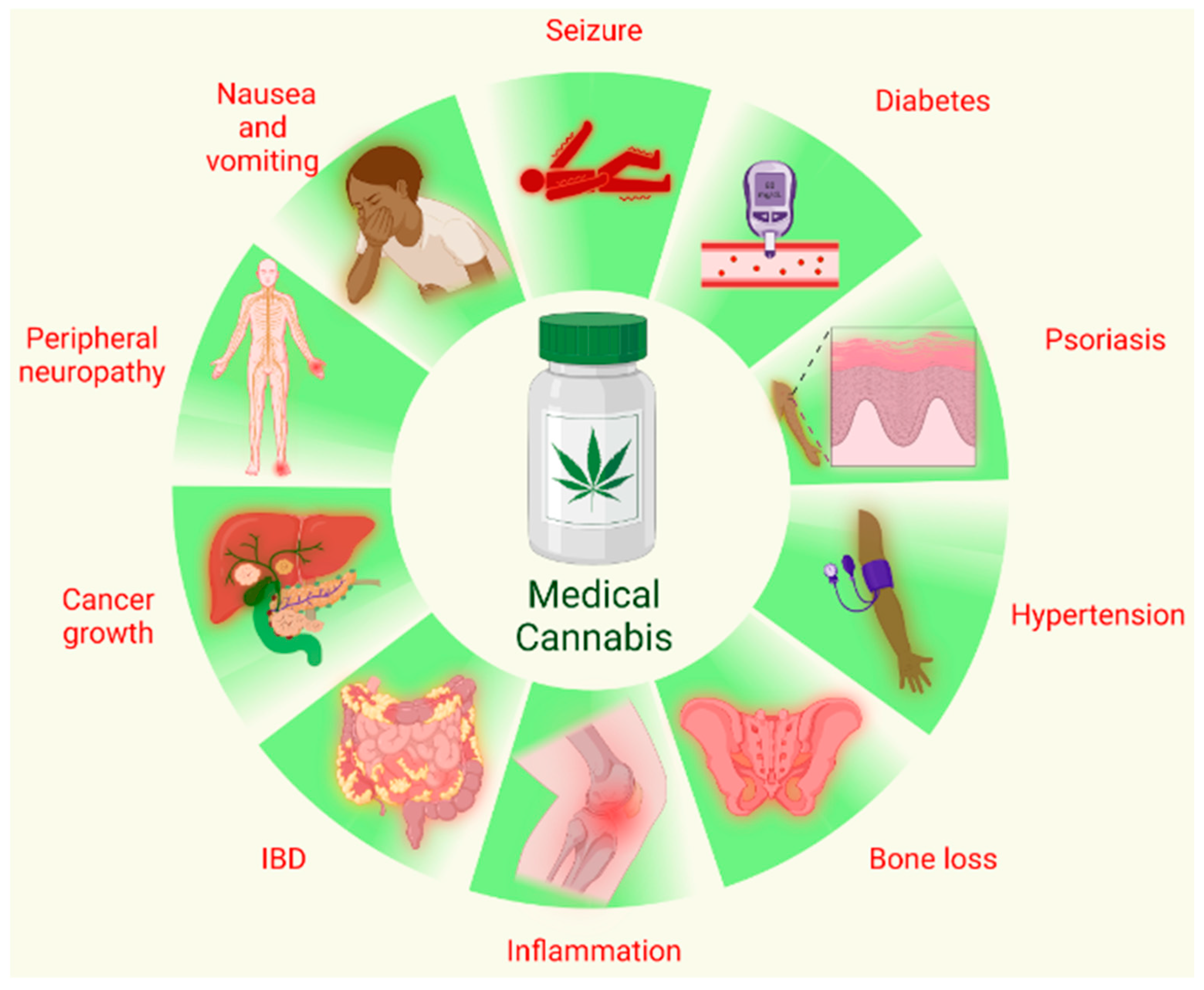Comprehending the Lawful Landscape Surrounding Medical Cannabis Worldwide
You're likely mindful that perspectives in the direction of medical cannabis are changing around the world, however the legal structures can be complex. What drives these variations, and just how do they influence access for clients looking for relief?
Historic Context of Clinical Marijuana Regulations
As you explore the historical context of medical cannabis legislation, you'll find that its roots stretch back hundreds of years. Old cultures, from the Chinese to the Greeks, acknowledged marijuana for its medical buildings. In 2737 BC, Chinese Emperor Shen Nong recorded its usage for numerous ailments. By the 1st century AD, Dioscorides, a Greek doctor, included cannabis in his pharmacopoeia, highlighting its effectiveness in dealing with pain and swelling.
Fast onward to the 19th century, when Western medicine started to welcome marijuana much more extensively. Physicians prescribed it for everything from migraines to labor pains. Nonetheless, the early 20th century saw a change, as societal perceptions changed, leading to stricter regulations and stigmatization.
Understanding this abundant background aids you value the complexities of modern medical marijuana laws. It's a journey through time that discloses the evolving connection between culture and this effective plant.
Current Lawful Standing by Region

North America Summary
Steering via the landscape of clinical cannabis laws in North America reveals a jumble of guidelines that differ substantially by area. In the United States, some states have completely accepted clinical cannabis, allowing patients accessibility via dispensaries, while others maintain rigorous restrictions. Maneuvering through these varied regulations can be challenging, as each jurisdiction has its own demands for obtaining medical marijuana, consisting of qualifying conditions and application processes.
Europe's Diverse Rules
Steering with the lawful landscape of clinical marijuana in Europe can be complicated, provided the significant variants in guidelines throughout different countries. In some nations, like Germany and Italy, medical marijuana is legal and obtainable with a prescription. Others, such as France, have more restrictive policies, permitting just minimal access via certain trials. The UK has also made strides, allowing certain cannabis-based medicines, yet the process continues to be cumbersome. On the other hand, countries like the Netherlands welcome a much more liberal approach, though formal regulations still hang back. As you check out these diverse policies, it is essential to stay informed, as laws can change rapidly and differ considerably from one country to one more. Recognizing these subtleties can aid you browse the developing landscape effectively.
Asia-Pacific Legal Trends
The Asia-Pacific area showcases a swiftly progressing landscape for clinical marijuana laws, reflecting a mix of progressive and conventional strategies. Nations like Australia and New Zealand have actually accepted legalisation, offering controlled access to medical marijuana. In Australia, patients can obtain prescriptions, while New Zealand recently passed a referendum to allow clinical usage.
On the various other hand, countries like Japan and South Korea keep stricter regulations, allowing just minimal accessibility to cannabis-derived items. In spite of these limitations, public point of view is shifting, with boosting ask for reform.
As you navigate this facility landscape, stay educated about neighborhood legislations, as they can vary substantially from one nation to one more, influencing patient accessibility and industry growth in the region.
Secret Countries Leading the Way in Medical Cannabis
As you check out the landscape of medical cannabis, you'll locate several countries setting impressive legalization landmarks. These nations not only develop governing structures that guarantee secure accessibility but also lead the means in medical study improvements. Understanding their methods will certainly give you beneficial insights into the future of marijuana usage in healthcare.
Legalisation Milestones Attained
While lots of countries grapple with the intricacies of cannabis policy, a number of have actually made considerable strides in legislating clinical marijuana, establishing crucial criteria. copyright ended up being a pioneer in 2001, permitting clients accessibility to medical marijuana, leading the way for various other nations. In the United States, different states have legalized medical cannabis, creating a jumble of regulations that influence public assumption and policy.
Governing Structures Explained
Comprehending the regulatory frameworks controling clinical marijuana is essential for grasping how various countries approach its use. In position like copyright, you'll locate a detailed system that includes licensing for producers, rigorous quality assurance, and guidelines for cannabis medical bag medical care professionals. The USA offers a patchwork of regulations, with states like California and Colorado leading in progressive policies, yet federal legislations still produce obstacles. Nations like Germany and Australia have actually applied organized programs that manage individual gain access to and farming. Each country has its very own set of regulations, which can impact whatever from suggesting methods to item schedule. By acquainting yourself with these frameworks, you can much better understand the worldwide landscape of medical marijuana.
Medical Study Innovations
Countries around the world are making significant strides in clinical marijuana research, leading to a far better understanding of its restorative possibility. In the United States, organizations like the National Institutes of Health And Wellness (NIH) are moneying studies on marijuana's impacts on chronic pain and epilepsy. As these nations press ahead, you'll witness an advancement in clinical practices and a more clear photo of how marijuana can improve client outcomes worldwide.
Difficulties and Obstacles to Accessibility
Accessing medical marijuana can be fraught with obstacles that stem from differing state laws and policies. You might discover that in some states, the procedure to obtain a clinical marijuana card is complex and lengthy, calling for comprehensive documents or consultations with authorized doctor. Additionally, even if you qualify, the number of dispensaries can be limited, making it challenging to discover a nearby source.
Insurance policy coverage for medical cannabis is commonly doing not have, forcing you to pay out-of-pocket. Guiding through this complicated landscape can really feel overwhelming, yet understanding these obstacles is vital for any person considering medical cannabis as a restorative alternative.
Effect of Medical Marijuana on Health And Wellness Outcomes
While lots of people stay unconvinced about cannabis, research progressively reveals its possible benefits for numerous health conditions. You may be amazed to discover that clinical marijuana can assist ease chronic pain, lower inflammation, and take care of signs of stress and anxiety and depression (Kentucky Medical Cannabis Doctor). For individuals battling conditions like epilepsy or numerous sclerosis, cannabis has actually demonstrated substantial therapeutic effects, using alleviation when traditional therapies drop short
Moreover, research studies indicate that some my link parts of marijuana, such as CBD, can enhance general quality of life for individuals undertaking treatments like radiation treatment. It's critical to think about that individual responses to marijuana can differ extensively, so what benefit a single person may not function for one more. As you check out the potential influence of clinical cannabis on wellness outcomes, keep an open mind and consult with healthcare specialists to tailor a therapy plan that matches your special demands and situations.
The Duty of Health Care Providers in Client Access
As you browse the intricacies of medical cannabis legislations, it is vital to recognize the essential function medical care suppliers play in person accessibility. These experts offer as essential guides, aiding people recognize their options and navigate legal requirements. They can examine whether clinical cannabis is suitable for your condition and supply documentation required for legal accessibility.
Furthermore, doctor typically educate clients concerning the possible benefits and risks of marijuana use, guaranteeing educated choices. They can suggest suitable pressures, dosages, and approaches of consumption tailored to individual needs. Their assistance is necessary, especially in areas where laws vary considerably.

Future Fads and Predictions for Medical Cannabis Legislations
Doctor will proceed to form the landscape of medical cannabis legislations as they advocate for patient demands and engage with policymakers. You can expect a growing fad in the direction of more comprehensive regulation that recognizes the therapeutic advantages of cannabis. As research study expands, more nations will likely take on regulations that assist in gain access to for clients struggling with various problems.
Public viewpoint is changing, too, with increasing approval leading the means for reform additional resources - Kentucky Medical Cannabis Doctor. You might see an increase in medical cannabis programs customized to specific demographics, such as professionals and seniors
Additionally, as health care systems incorporate cannabis into treatment protocols, insurance firms may begin covering cannabis-related expenses, even more legitimizing its use.
Finally, worldwide cooperations might arise, causing standard guidelines and quality assurance actions. On the whole, the future of clinical marijuana laws appears appealing and dynamic, driven by proof, campaigning for, and patient-centered care.
Regularly Asked Questions
Just How Do International Treaties Affect Medical Cannabis Regulations?
International treaties can shape your country's clinical marijuana legislations by establishing guidelines or restrictions. When nations follow these agreements, it often affects regional regulation, making it crucial for you to remain informed on modifications.
What Are the Adultness Requirements for Clinical Marijuana Use?
The legal age for clinical cannabis usage varies by territory. In lots of areas, you should be at least 18, however some enable minors with parental approval. Always inspect regional regulations before waging medical cannabis.
Can Employers Fire Employees for Medical Marijuana Usage?
Yes, employers can fire you for clinical marijuana usage, depending on state legislations and company plans. If your job calls for medication screening or if cannabis influences your performance, they may do something about it. Always check your office regulations.
Are There Constraints on Medical Marijuana Marketing?
Yes, there are constraints on medical cannabis marketing. You'll find laws vary by territory, frequently forbiding misleading claims and requiring specific health and wellness cautions. It's vital to inspect local laws to assure compliance prior to advertising and marketing.
How Do Medical Marijuana Laws Differ for Veterans?
Clinical marijuana legislations for experts often include unique stipulations, enabling easier access or benefits. Some states focus on seasoned demands, while others may restrict usage. It's critical to inspect your regional regulations for specifics.
While many countries grapple with the intricacies of marijuana regulation, a number of have made substantial strides in legislating clinical cannabis, setting crucial precedents. In the United States, various states have legislated clinical cannabis, creating a jumble of legislations that influence public understanding and policy.Accessing medical marijuana can be laden with challenges that stem from varying state laws and regulations.As you browse the intricacies of medical marijuana laws, it is important to identify the critical duty medical care companies play in individual access.Healthcare companies will proceed to shape the landscape of clinical marijuana laws as they promote for client needs and engage with policymakers.